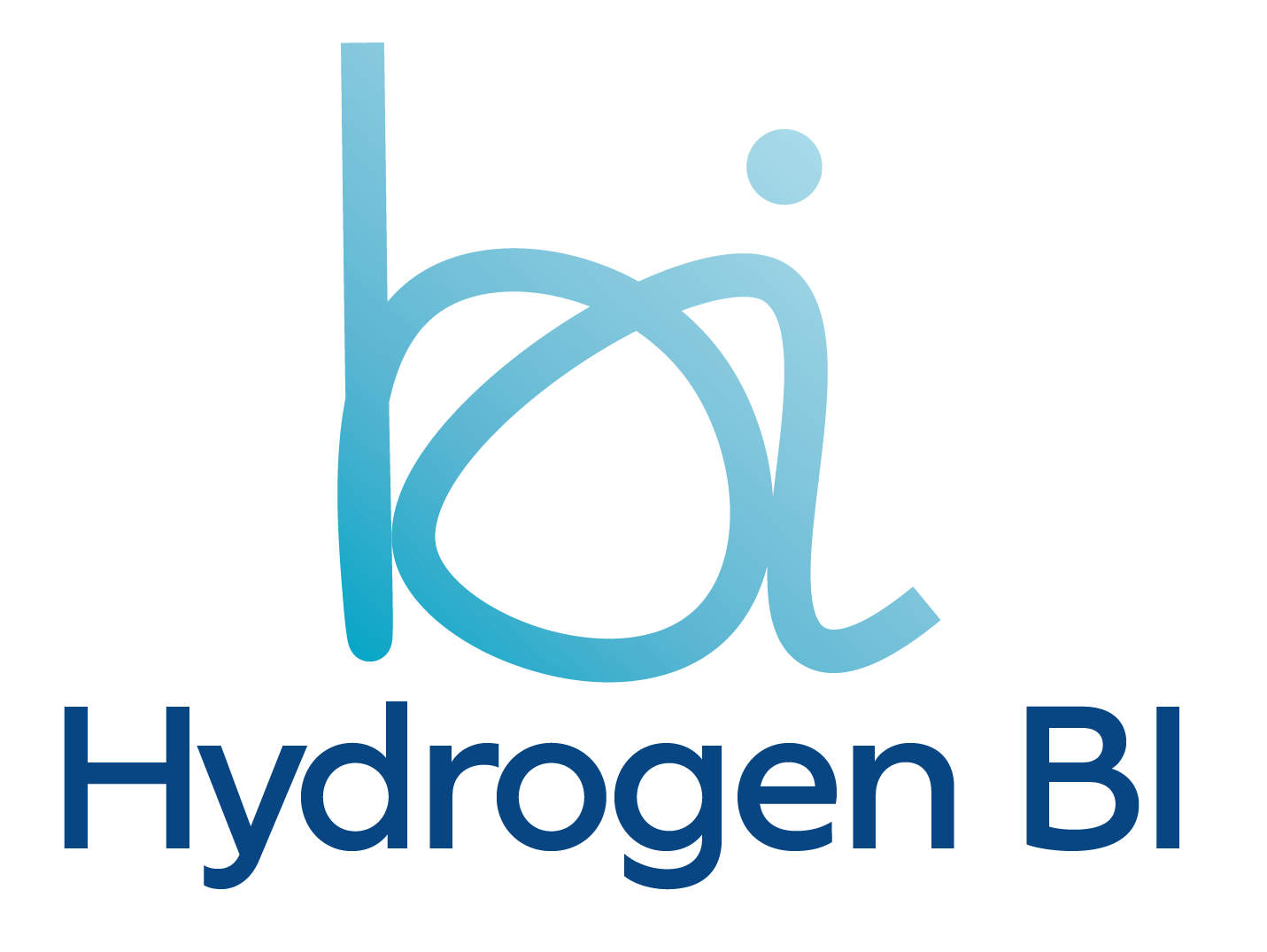Observing Safer Internet Day 2025: Data Security in the Digital Age
- Adam Eaton

- Feb 11, 2025
- 4 min read
Updated: Mar 13, 2025

Today is Safer Internet Day, a global event that promotes the safe and responsible use of digital technology. It aims to raise awareness about online safety and encourage positive changes in digital behaviour.
In today's digital age, where data breaches and cyber threats are increasingly common, ensuring the security of our online data has never been more critical.
This blog will explore the importance of data security, common threats, and best practices to safeguard your business's valuable data for Safer Internet Day 2025.
Importance of Data Security
Data is one of the most valuable assets for businesses. However, with this value comes the risk of cyber threats and data breaches. Ensuring robust data security is essential to protect sensitive information from unauthorised access, theft, and damage.
Data security is not just about protecting business interests; it also involves safeguarding the privacy and trust of customers. A single data breach can lead to significant financial losses, legal consequences, and damage to a company's reputation. According to recent statistics, the number of data breaches continues to rise, with over 4,000 breaches reported globally in the first three quarters of 2024 alone, impacting more than 66 million consumers.
Therefore, implementing strong data security measures is crucial for maintaining business continuity and customer confidence.
Common Data Security Threats
In the ever-evolving digital landscape, businesses face a multitude of data security threats. Understanding these threats is the first step towards mitigating them. Here are some of the most common data security threats:
Phishing Attacks: Cybercriminals use deceptive emails or websites to trick individuals into revealing sensitive information, such as passwords or credit card numbers.
Malware: Malicious software, including viruses, ransomware, and spyware, can infiltrate systems, steal data, or disrupt operations.
Data Breaches: Unauthorised access to confidential data can occur due to weak security measures, insider threats, or sophisticated hacking techniques.
Insider Threats: Employees or contractors with access to sensitive information can intentionally or unintentionally cause data breaches.
Denial of Service (DoS) Attacks: Attackers overwhelm a network or website with traffic, rendering it unavailable to users.
By being aware of these threats, businesses can take proactive steps to protect their data and minimise the risk of security incidents.
Best Practices for Data Security
To protect your business from data security threats, it's essential to implement best practices that safeguard your sensitive information. Here are some key strategies:
Use Strong Passwords: Ensure that all passwords are complex, unique, and changed regularly. Consider using a password manager to keep track of them.
Enable Two-Factor Authentication (2FA): Adding an extra layer of security by requiring a second form of verification can significantly reduce the risk of unauthorised access.
Regular Software Updates: Keep all software, including operating systems and applications, up to date to protect against known vulnerabilities.
Employee Training: Educate employees about data security best practices and how to recognise potential threats, such as phishing emails.
Data Encryption: Encrypt sensitive data both in transit and at rest to ensure that even if it is intercepted, it cannot be read without the decryption key.
Regular Backups: Perform regular backups of critical data to ensure that you can recover information in the event of a data loss incident.
Access Controls: Limit access to sensitive data to only those employees who need it to perform their job duties. Implement role-based access controls where possible.
Network Security: Use firewalls, intrusion detection systems, and secure Wi-Fi networks to protect your business's network from external threats.
Incident Response Plan: Develop and regularly update an incident response plan to quickly address and mitigate the impact of any data security incidents.
By following these best practices, businesses can significantly enhance their data security and reduce the risk of cyber threats.
Ensuring Data Security with Business Intelligence
In the realm of business intelligence (BI), data security is paramount. BI platforms like Hydrogen BI handle vast amounts of sensitive information, making robust security measures essential. Here are some common data security features you can expect from leading BI platforms:
Advanced Encryption: Leading BI platforms use state-of-the-art encryption protocols to secure data both in transit and at rest, ensuring that information is protected from unauthorised access.
Access Controls: Granular access controls allow businesses to ensure that only authorised personnel can access sensitive data. Role-based access management helps define and enforce access policies effectively.
Regular Security Audits: Regular security audits and vulnerability assessments help identify and address potential security risks, maintaining a high level of security.
Compliance with Standards: Many BI platforms comply with industry standards and regulations, such as GDPR and ISO 27001, to ensure that data is handled in accordance with best practices.
Real-Time Monitoring: Real-time monitoring and alerting capabilities help detect and respond to suspicious activities promptly, mitigating potential threats before they can cause harm.
Data Backup and Recovery: Robust data backup and recovery solutions ensure that data is safe and can be restored quickly in the event of a data loss incident.
Observing Safer Internet Day 2025: Conclusion
As we observe Safer Internet Day 2025, it's crucial to prioritise data security. With rising cyber threats, businesses must protect sensitive information. Implementing best practices and robust security measures in business intelligence platforms can mitigate risks and maintain customer trust.
Let's use this day to enhance our data security practices for a safer digital environment.






